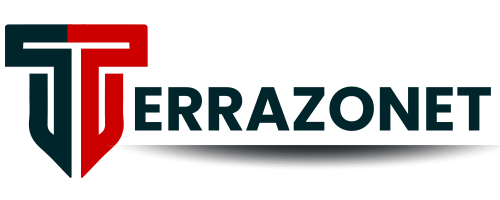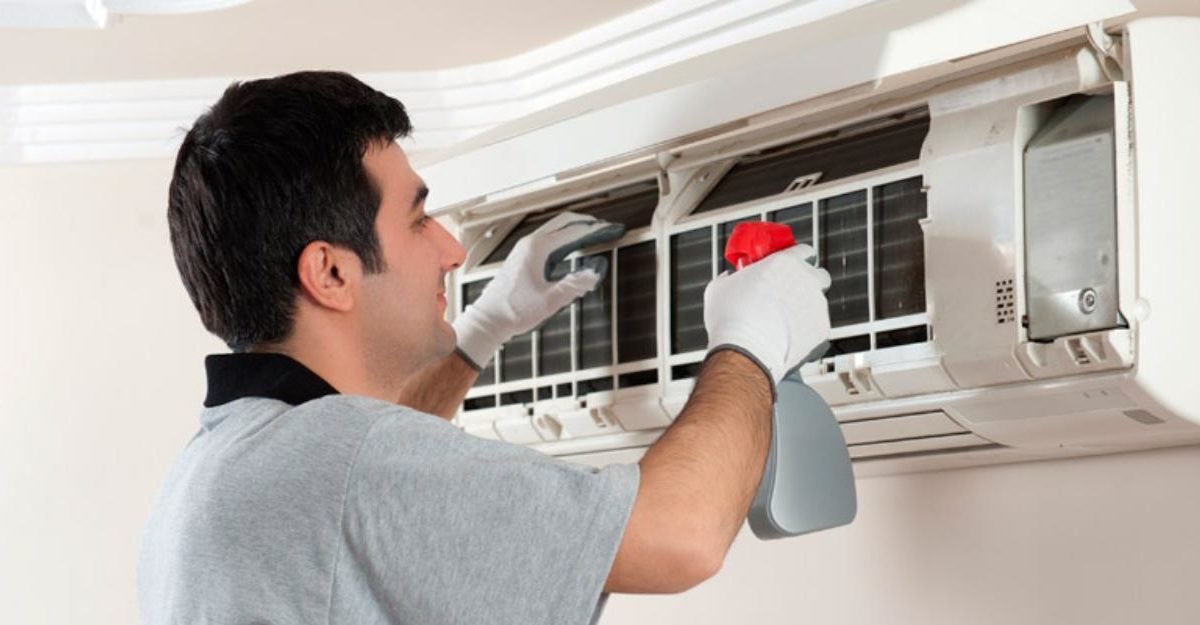Key Takeaways
- Heat pump water heaters can reduce energy consumption by up to 60% compared to conventional models.
- Tankless water heaters provide on-demand hot water, eliminating standby energy losses.
- Smart water heaters allow remote monitoring and control, optimizing energy use.
- Solar water heating systems utilize renewable energy, significantly lowering utility bills.
- Condensing water heaters achieve higher efficiency by capturing waste heat.
As more homeowners make energy efficiency a priority, the landscape of water heating technology has transformed dramatically. Today’s advanced solutions not only provide convenience and comfort but also reduce utility costs and greenhouse gas emissions. From heat pump water heaters to solar-powered systems, innovations are making it easier than ever to enjoy dependable hot water with less environmental impact. For those considering an upgrade or new installation, understanding the latest trends and technologies can help you make an informed decision and maximize your savings. If you’re ready to take the next step, explore your options for professional tankless water heater installation Gaithersburg to ensure expert setup and ongoing efficiency.
With more heating options on the market, it’s never been a better time to boost home comfort and reduce your carbon footprint. Whether you want the on-demand benefits of a tankless system or the long-term savings of a solar unit, modern water heaters offer something for everyone. Not only do these systems help the planet, but many also qualify for rebates or tax incentives, making them a smart investment for your household.
Heat Pump Water Heaters: A Game Changer
Heat pump water heaters (HPWHs) are rapidly gaining popularity for their impressive energy performance. Instead of generating heat directly, these units pull warmth from the surrounding air and transfer it to the water. This process is far more efficient than traditional electric resistance heating, allowing HPWHs to cut utility bills by as much as 60%. Models such as the Rheem® ProTerra® Hybrid Electric Water Heater blend cost-saving technology with user-friendly features and may qualify homeowners for substantial federal tax credits.
Tankless Water Heaters: Efficiency on Demand
Tankless water heaters, also known as on-demand units, forgo bulky storage tanks and heat water instantly as it’s needed. This means you never run out of hot water and avoid the energy losses associated with keeping a tankful heated at all times. Tankless systems are ideal for homes with variable water usage, as they adjust output on the fly. Advances in flow control and compact design have made tankless options both convenient and practical, with the added advantage of a smaller footprint in your utility space.
Smart Water Heaters: Control at Your Fingertips
The latest generation of water heaters features smart technology for greater convenience and energy optimization. With Wi-Fi or app connectivity, these units allow homeowners to adjust temperature settings, track energy use, and receive maintenance notifications from anywhere. Smart systems make it easy to schedule heating cycles or respond to dynamic energy pricing, helping to cut energy bills without sacrificing comfort. As our homes become more connected, smart appliances like these can play a crucial role in whole-home efficiency.
Solar Water Heating: Harnessing Renewable Energy
Solar water heating is a sustainable choice that leverages the sun’s power to provide hot water with almost zero emissions. By mounting solar collectors on your roof, these systems absorb solar energy and transfer it to your water supply—dramatically shrinking your utility costs, especially in sunny climates. While the upfront investment can be higher, solar water heaters often pay for themselves through long-term savings and may be eligible for rebates or financial incentives. The Environmental Protection Agency offers further insights into the advantages of solar water heating.
Condensing Water Heaters: Maximizing Efficiency
Condensing water heaters represent the cutting edge of energy recovery technology. Unlike standard units, condensing models extract additional heat from combustion gases before they exit the vent—translating to efficiency ratings of up to 98%. This makes them especially well-suited to larger households or businesses with high hot water demand. Condensing units are available in both tank and tankless configurations, enabling flexibility in installation and performance.
Government Incentives: Making Upgrades Affordable
Government programs actively encourage homeowners to adopt energy-efficient water heating systems. Through initiatives like the Inflation Reduction Act, new installations of heat pumps and solar water heaters may qualify for sizeable tax credits or direct rebates. Many state and local governments also offer similar incentives, further reducing the upfront cost and accelerating the return on investment.
Conclusion
The future of water heating is not only more comfortable and convenient but also dramatically better for your wallet and the environment. With today’s diverse array of efficient technologies—ranging from innovative heat pumps and tankless units to smart controls and solar solutions—there’s an option to meet every household’s needs. Coupled with generous government incentives, these modern systems make it easier than ever to save money and help combat climate change. Upgrading to a high-efficiency water heater is a smart step toward a more sustainable and energy-smart home.
You may also like: How Apartment Living Shapes Modern Lifestyles











